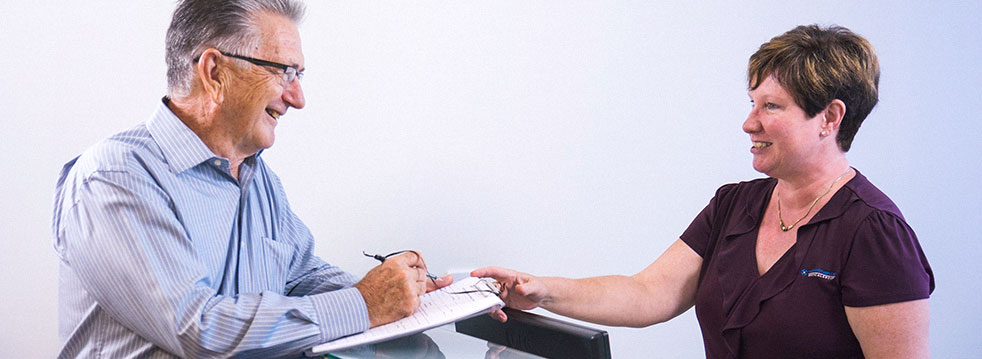Surgery on this part of the body can cause significant pain. This will subside over time and you will appreciate the surgical results once healing occurs. Please follow the instructions below to ensure pain levels are kept under control and to allow optimal healing to occur.
Analgesia
Anal surgery is painful. You will be advised which pain killers are recommended before you are discharged home. Generally we advise regular Paracetamol (Panadol) 2 tablets every 4-6 hours (maximum of 8 tablets in 24 hours). This is very safe, is not constipating, and should be taken regular for best results. In addition to Panadol, a regular anti-inflammatory medication such as Ibuprofen (Nurofen) may be prescribed. This should be taken with food to avoid stomach irritation, and should not be taken continuously for more than 5 days without the approval of your specialist or GP.
You will likely also be prescribed a stronger pain killer to be taken in addition to Panadol and Nurofen. The stronger analgesics can have a constipating effect, however this can generally be counteracted with regular fibre supplements (see below) and laxatives. If you have severe pain you should use the stronger analgesics, but also continue to take Panadol.
Laxatives
You should avoid dehydration. Consume at least eight glasses of water per day.
Take a regular fibre supplement such as Metamucil or Benefiber
Take Movicol as instructed. Everyone is different. You may need to alter the dose you take depending on stool frequency and consistency. Aim for a formed soft stool that is easy to pass.
Avoid straining to pass a bowel motion, and avoid prolonged sitting on the toilet. Note that the surgery can cause the sensation of needing to move ones bowels, even if the rectum is empty. This sensation will settle over the coming days.
Salt baths / Sitz bath
Warm baths have a soothing effect when you are in pain. The warm water can help relax any spasm of the anal sphincter, improve blood flow and aid healing. A handful (about ½ cup) of table salt can be added to the water and helps keep the wound clean. You should sit in the warm bath 2-3 times a day, and after a bowel motion.
Bleeding
Some bleeding will occur in the first few days after surgery. This might be noticed on the underwear or on a pad, as well as in the first few bowel motions. It is to be expected. If the bleeding is very heavy with continual dripping into the toilet bowel, contact our office or after hours present to the emergency department for assessment. Often heavy bleeding will resolve spontaneously, although occasionally repeat surgery is required.
Follow up
Dr Harris will arrange for follow up at the recommended time, depending on the nature of your surgery. The practice staff will contact you to notify you of the time and location.
Concerns
Please contact our office on (07) 3226 3800 if you are experiencing severe pain unrelieved by pain killers, have a fever, cannot pass urine, have excessive bleeding from the anus, or if generally unwell. Where possible Dr Harris will contact you to discuss your condition. Alternatively you may be advised to present to the emergency department for assessment and management.
